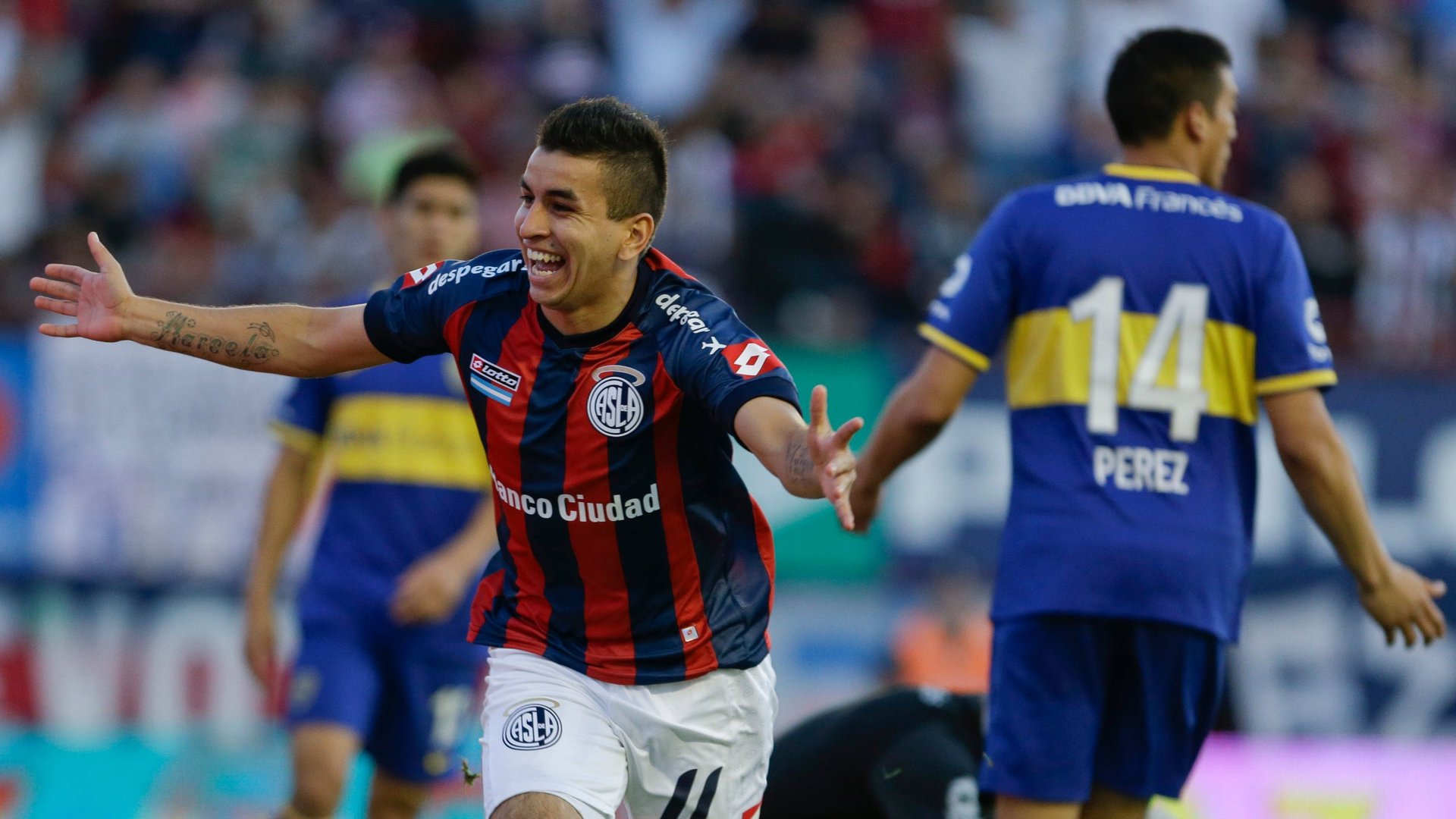Argentine courts allege the mafia is financing the career of the country’s hottest young soccer star
Argentina’s soccer culture may be the envy of fanatics worldwide, but its business model appears to be morphing into something of a safe haven for criminal money laundering.


Argentina’s soccer culture may be the envy of fanatics worldwide, but its business model appears to be morphing into something of a safe haven for criminal money laundering.
Earlier this week an Argentine court froze the rights to Angel Correa, one of the Argentina’s most prized young soccer players, on suspicions that Correa is linked to an organized crime syndicate in the country, according to local newspaper La Nación (link in Spanish). The decision to seize Correa’s registration, which allows for a player to move from one team to another—via transfer, or sale—came after recordings of a phone conversation between Correa’s representative Francisco Lapiana and members of a drug gang called “Los Monos,” or The Monkeys, revealed possible foul play, the paper reports.
The developing story suggests that the organized crime group holds a stake in, and is profiting from, Correa’s success. Soccer clubs in Argentina, like clubs in many other South American countries, including Brazil, allow independent and corporate entities to help teams finance the purchase of players. Once a person, group or corporation has invested in a player, it effectively owns a stake in his future success, and stands to gain from any future sale in excess of the original amount.
Despite recent efforts to clean up the country’s soccer industry, investors, both individual and corporate, haven’t generally been required to disclose the source of their funds, nor have clubs been pressed sufficiently to publicize the identity of all investing parties. The result has been a grey investing area, primed for moving around illegal cash.
In the case of Correa, San Lorenzeo, the Buenos Aires-based club for which he currently plays, only dished out 60% of the price paid to land the soccer star, and therefore owns the same percentage of Correa’s economic worth. A Uruguay-based group is responsible for another 30%, and the remaining 10% was fronted by an unknown investor. That “ghost” investor is where the illegal drug cartel is suspected to have snuck its way in; the recorded phone conversation suggests the cartel’s financial involvement. One crime group member, for example, asks whether the group should sell a portion of its stake.
The case is part of a long line of suspected connections (link in Spanish) between crime groups and soccer players. While Correa is easily the most prominent player currently being linked to a crime group, formerly, Argentine soccer stars Carlos Tevez and Javier Mascherano were scorned for their alleged involvement with criminal organizations, and some 120 players in total, mainly from lower, less competitive professional leagues in the country, are believed to be linked to both Lapiana and the Cantero family. A separate investigation (link in Spanish) undertaken earlier this year uncovered another, distinct scheme, which Argentine officials believed had led them to the “central office” for money laundering in soccer. Authorities suspected the scheme of facilitating tens of millions of dollars in illegal money transfers.
If the allegations about Los Monos are true, any transfer or sale of Correa, given his soaring soccer career, would have resulted in a hefty profit. Correa’s name has increasingly been mentioned in potential acquisitions by major European soccer clubs, including Arsenal in London, which have recently mulled purchasing the Argentine player for over $7 million. The move would have paid out several hundreds of thousands of dollars to the crime group if Correa’s rights hadn’t been seized.